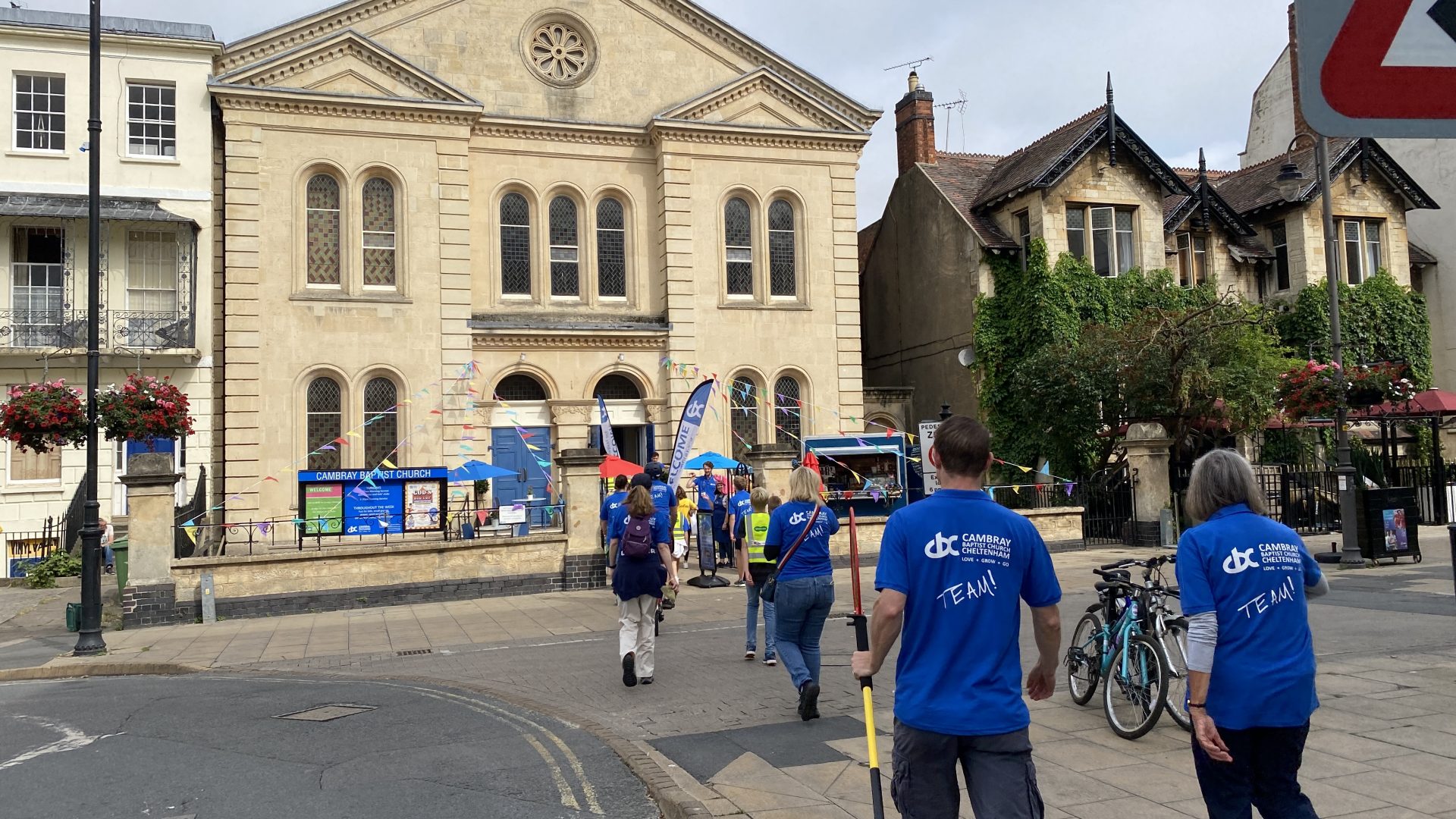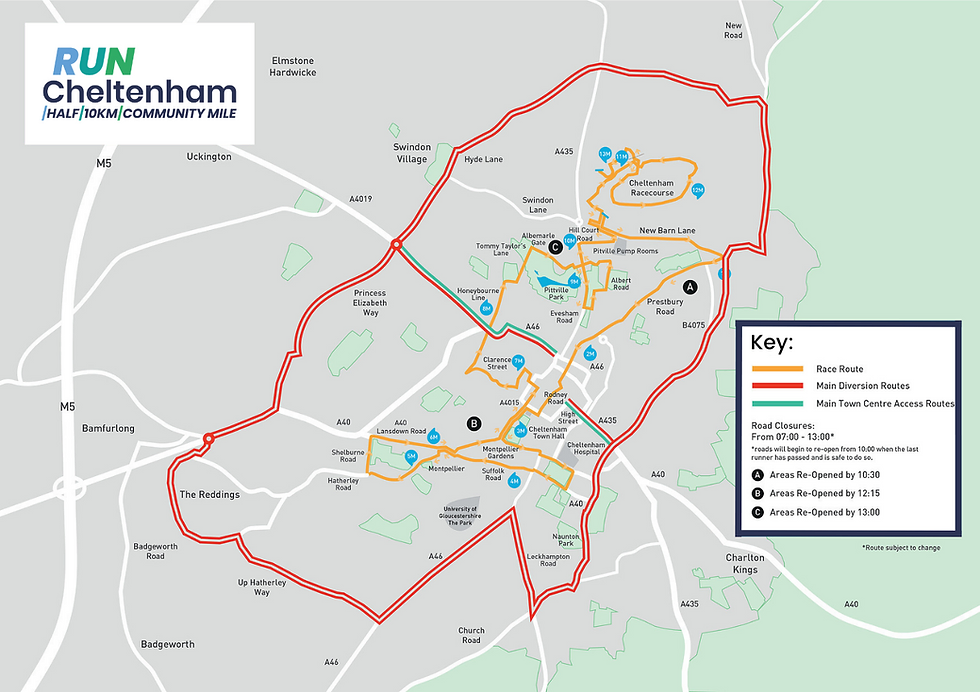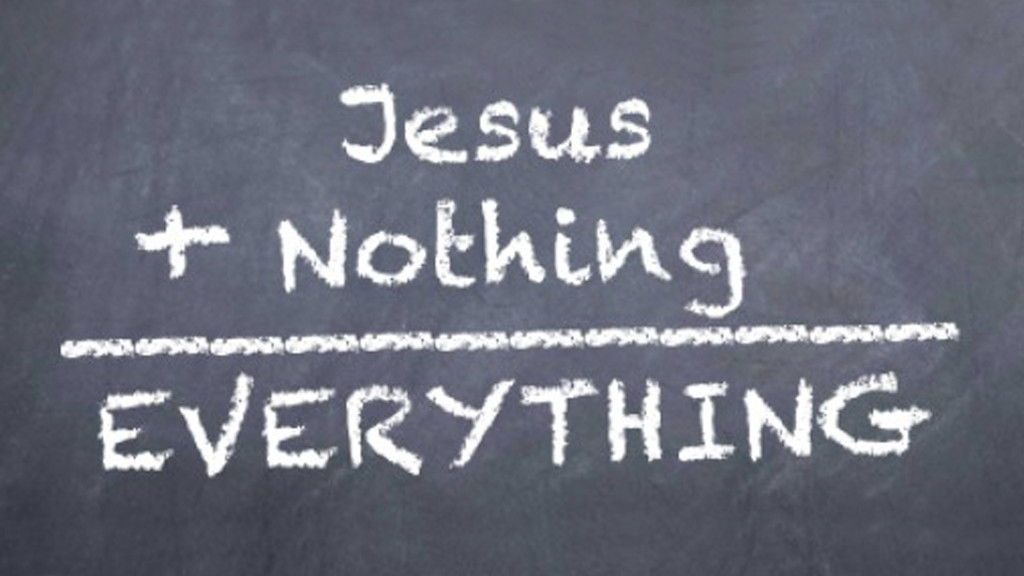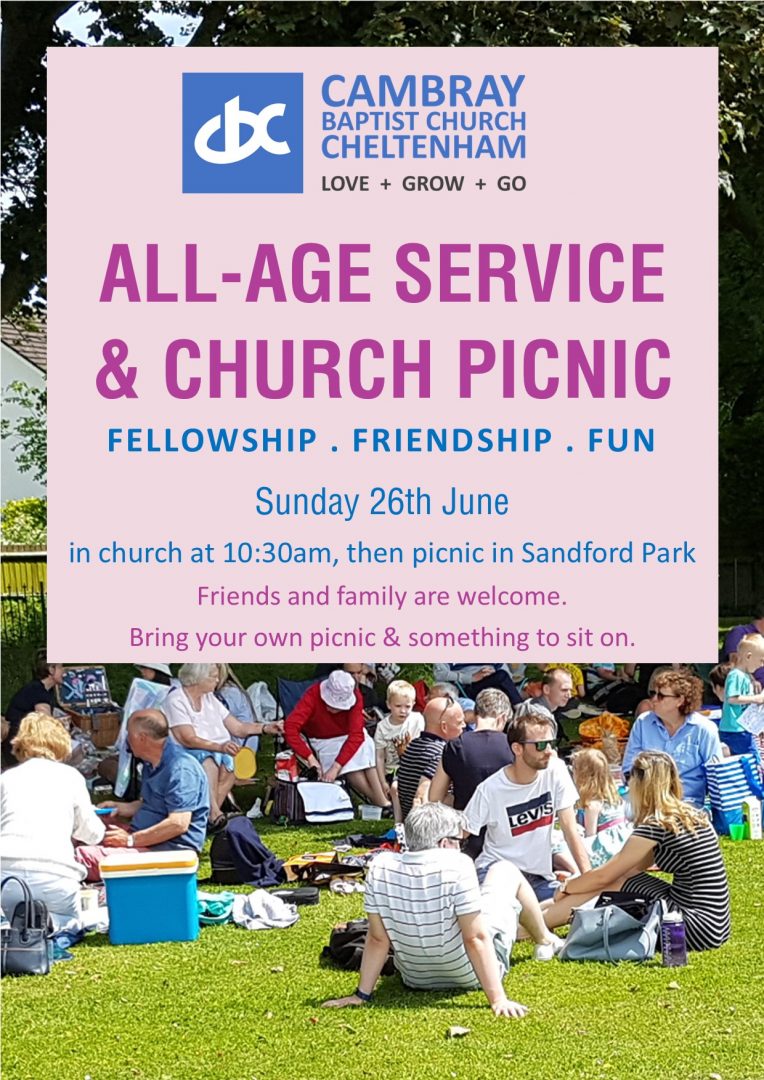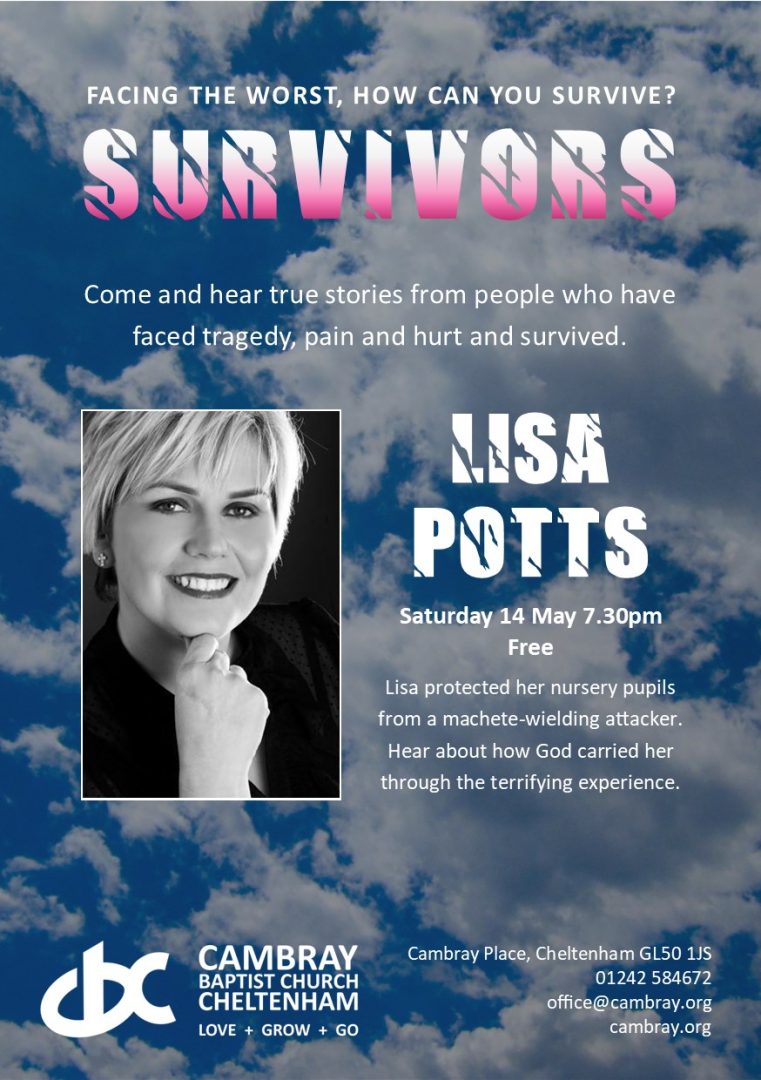We heard in the previous article how In Romans 12:1-2 we are told that we can be transformed. But a great question now is simply this: How? Let’s unpack Rom 12:1-2 so that we see how we should respond. And we’ll see that there are, in effect, ‘steps’ we should apply in our life:
1. Realise God’s Mercy
“In view of God’s mercy”
In the verses immediately prior Paul sings a song of praise at the end of 11 chapters in which he considers the amazing wonder of His plan of salvation, rescuing us from sin and judgment to be brought into glorious new eternal life. And the place where we need to start is to realise all He has done for us and stand in awe of His mercy.
A young toddler will be given presents at their first birthday. The present may be very valuable, but invariably the toddler plays with the paper and misses the value of the present! The crinkle of the paper has more interest than the toy because they miss the value of the gift. Similarly, we can put up with anger, anxiety, uncontrolled thought life, and so much more because we don’t grasp the mercy of God and the freedom He calls us into.
2. Give Him your life
“offer your bodies as living sacrifices, holy and pleasing to God”
We tend to hold on to sin, don’t we? While we may want to change, there is enjoyment and quick ‘reward’ when we lash out in anger, big-up our pride, or let lust dwell within. We forget that ‘sin, once it has taken hold, brings death (Jas 1:15). In order to see His transformation, we must be willing to lay our lives on His altar, to give up the little we temporarily gain for the riches He has to give. What reward He has for us! No longer slaves to fear, anxiety, lust, anger! No shame or regret! Power to say ‘no’ and turn from the thing that trapped us for so long. But we’ve got to let Him examine us and point it out (Ps 139), and then lay it on the altar.
3. Actively stop
“Do not conform any longer to the pattern of this world”
In laying on the altar, we need to not ‘get up’ from the altar again! We are told that we are to “Submit yourself, then, to God. Resist the devil, and he will flee from you” (Jas 4:7). There is a conscious decision to stop and stand against sin. But, you might say ‘I’ve tried to do that so many times, and it’s not worked’. But here’s the thing: you were never intended to do it on your power! We don’t have the power to stand – He does! It’s His armour we have been given (Eph 6:10-18), it’s His resurrection power that’s at work (Eph 1:19-20). So, we are to prayerfully seek His strength for the day and in the moment.
4. See His transformation
“but be transformed by the renewing of your minds”
Initially it will seem impossible. We try to stand, but there is occasional failure. We feel God should simply ‘zap’ us by His power and we will be free. And so we give up. But we’ve failed to understand God’s process of transformation! The tense of “conform” and “transformed” in Roms 12:2 is present-continuous – it’s continuing to stand against temptation, and as we do so (occasional failures included), so He transforms our minds. It’s God ‘reprogramming’ us so that our new ‘natural’ response to sinful calls is to turn away rather than run towards. It’s present-continuous because it takes time. But God is able and does His work of new life in us. So, don’t give in, but rather run after God’s work in your life!
5. Live in newness of life
“then you will be able to test and approve what God’s will is”
The outcome is glorious! It’s a transformation from ’instinctively’ doing what is against God’s will to ’instinctively’ doing what God would desire. We already have that desire to do what He wants if we are His because at salvation He “writes His laws on our hearts” (Heb 10:16). But now we see the wonder of just being able to naturally do what He wants. Will there be failures? Yes – the Devil loves to test those areas of God’s victory to discourage us. But (1 John 1:9) God is faithful to forgive and cleanse, and sets us back on His way.
Conclusion
The question really is this: Have I let any of the barriers to transformation stop me experiencing this daily in my life. The devil is the discourager. But we are to be people of courage in God (2 Cor 5:6), walking into the wonder of His transformation work in our live









